
Safe hands at Christmas time
Hand hygiene is the key to ensuring the safety of guests and the success of the menu. Have an enjoyable time, celebrate and eat without the risk of food poisoning!
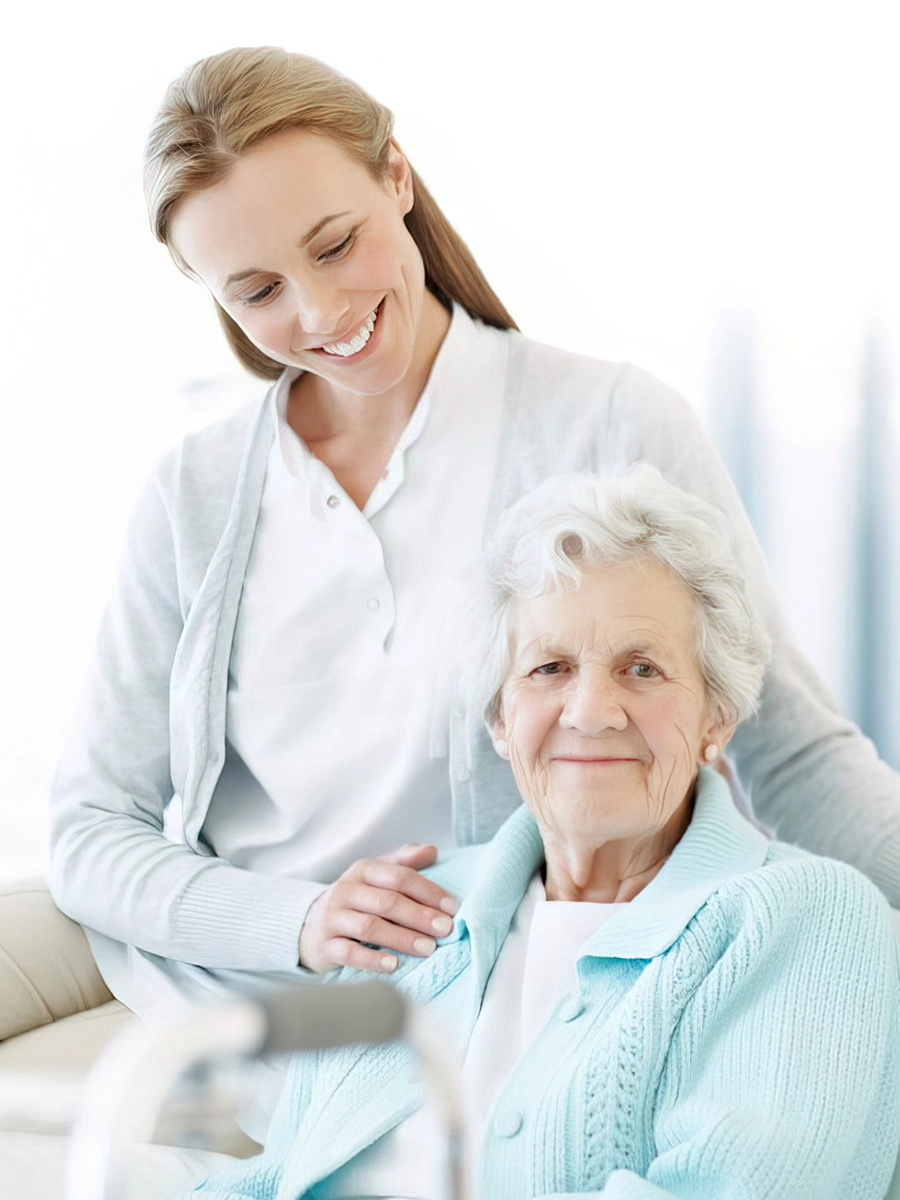
Personal hygiene and hand disinfection, play a fundamental role in physical contact with vulnerable people. Certainly, we often neglect our safety and personal care, which is why RPRODERPHARMACARE® wants to talk about the importance of good hygiene for users and technical staff. The aim is to minimise sequential infections between patients and possible skin pathologies.
The elderly are at increased risk of infections, due to physiological changes of ageing, deterioration of the immune system and sometimes poor nutrition. In Spain, the infections associated with geriatrics, the prevalence of healthcare range from 5.8 to 38.5%. Hand washing antisepsis and contact precautions are essential measures to minimise the risk of infection. (Data from ‘Revista Española de Geriatría y Gerontología’).

A user may be in a nursing home for various reasons. The reduced mobility, loss of cognitive abilities, and need for continuous care, among others. Whatever the reason, the patient will be in a vulnerable situation, so the main objective is to offer the most pleasant stay possible.
This does not only mean providing a good food service, quality of facilities, or care but also requires daily care to keep the user as healthy as possible, including the skin. An aspect that sometimes is forgotten, but it makes the difference between good and bad health.
For example, a user may have skin problems, wounds, sores or other inconveniences after many hours of stretching or sitting. For this reason, it is essential that basic personal hygiene is excellent and with quality products.
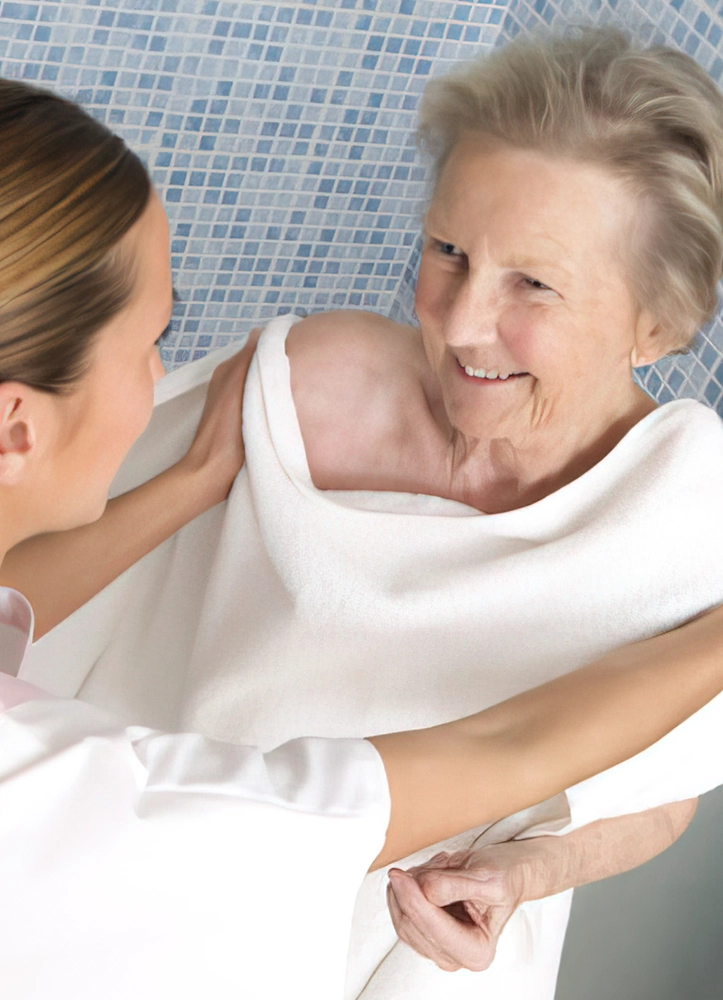
A care home worker spends many hours in continuous contact with users, and sometimes, routine means that self-care and self-protection take a back seat. For the worker, it will be vital to have a hand hygiene routine, bearing in mind that the dirt that a worker faces has nothing to do with the dirt that someone who works in an office can face. In nursing homes, staff will be in contact with fluids from users, which are often the result of some pathology, so we must never forget individual protection.
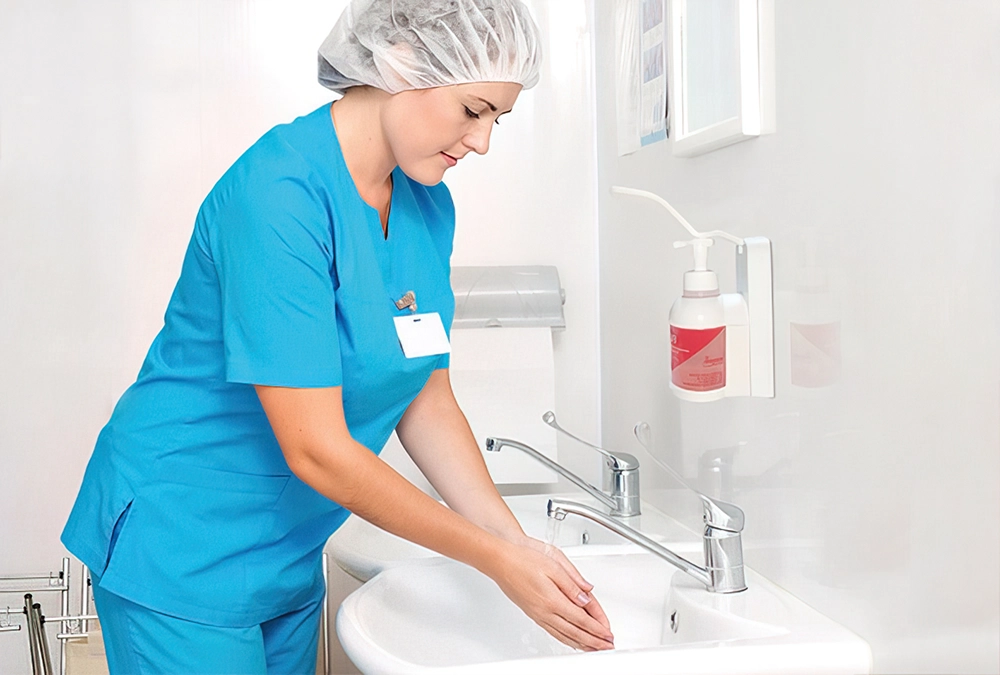
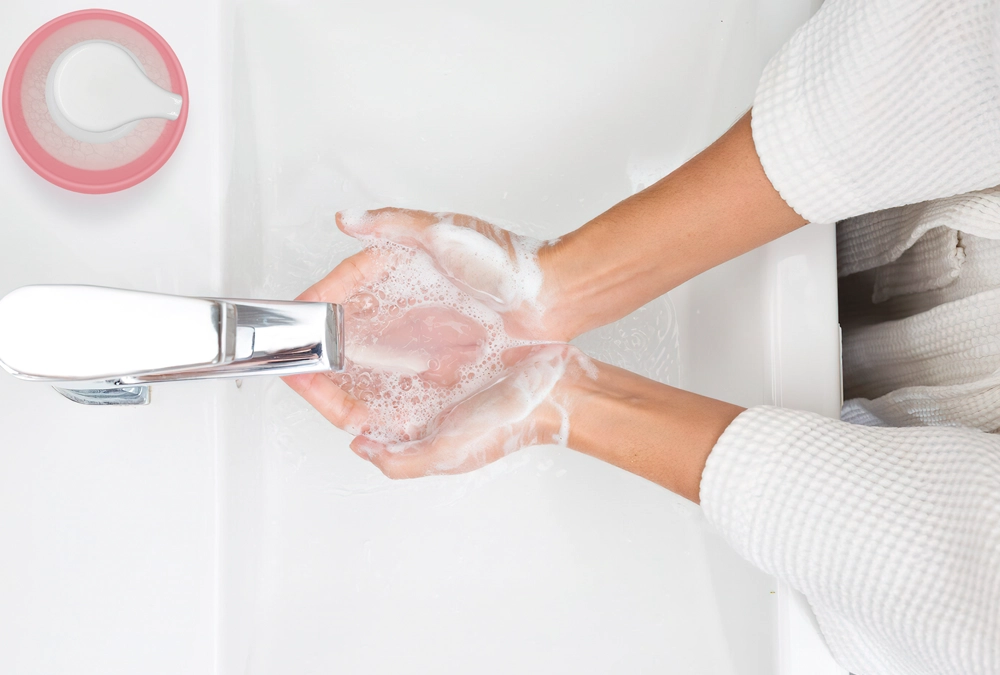
We recommend using chlorhexidine products in an adequate percentage for skin antisepsis. It avoids possible nosocomial infections and prevents contagion between residents and technical staff. They can also be used continuously without any danger of damaging the dermis. These products are recommended for:
Likewise, we recommend a hand washing protocol before and after contact in each action carried out. As well as the use of protective equipment is considered necessary. Likewise, the registered hydroalcoholic antiseptic use provides a higher degree of disinfectant and therefore a higher level of protection.

Hand hygiene is the key to ensuring the safety of guests and the success of the menu. Have an enjoyable time, celebrate and eat without the risk of food poisoning!

PRODERPHARMACARE® attends Hygienalia 2025 with an impeccable presentation, where product testing has been the main attraction.
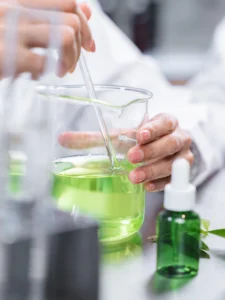
We explore how active ingredients and formula stability are essential to creating safe skin-care products.